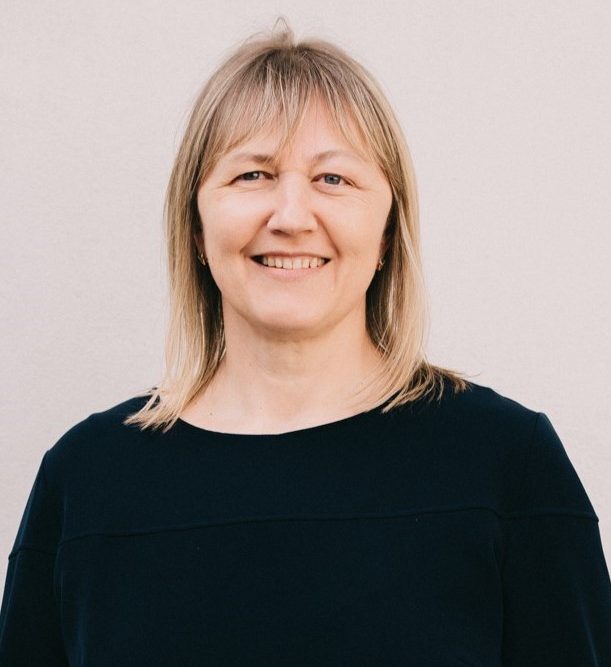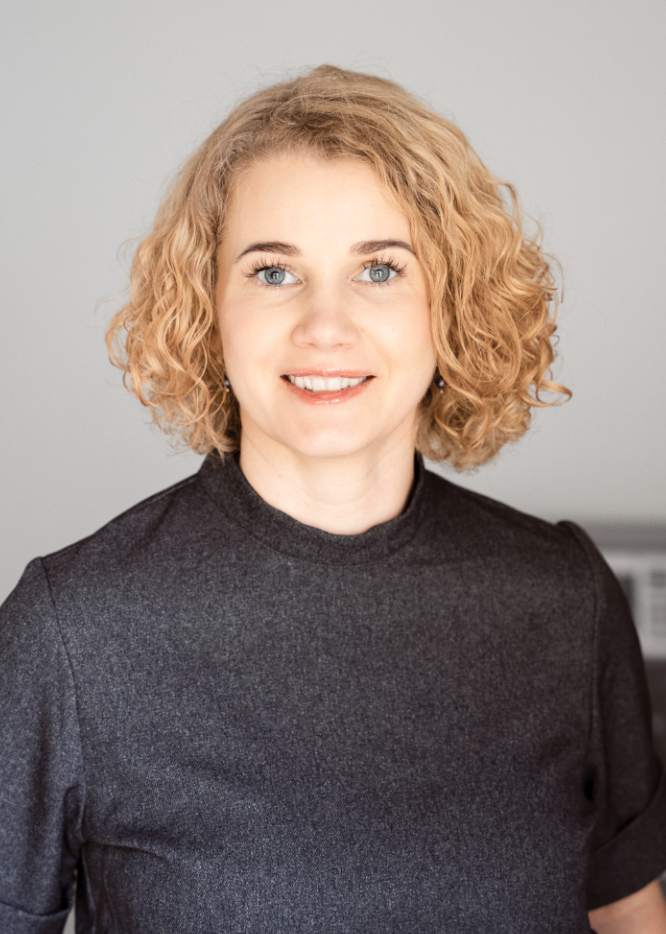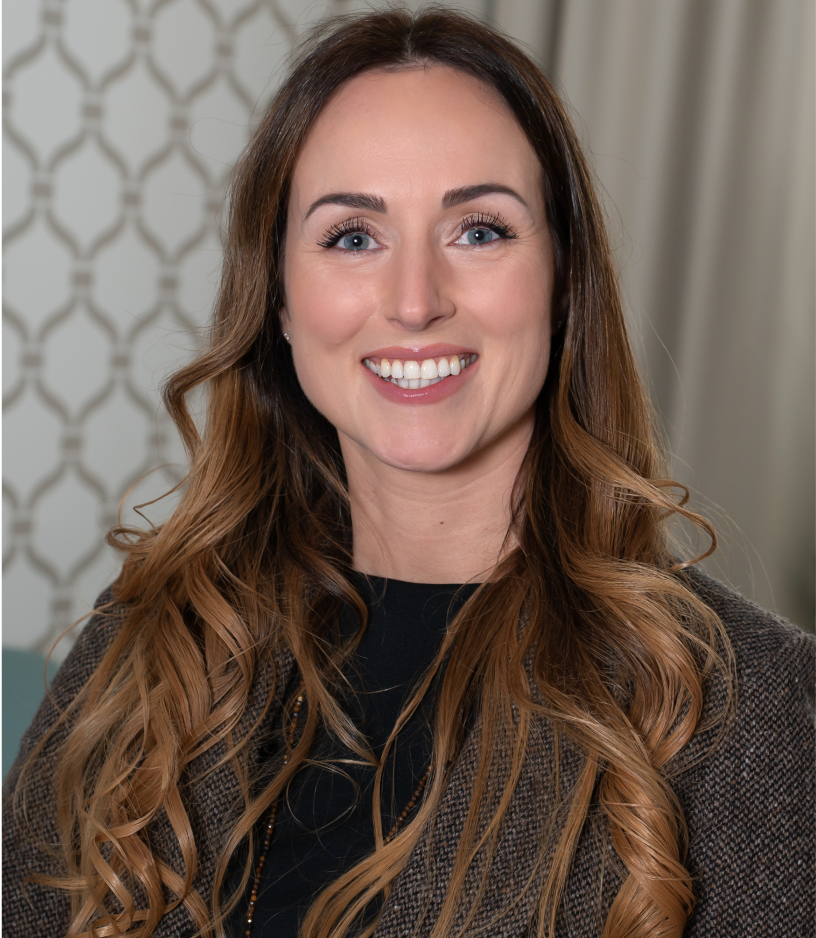Since the sixth grade, I knew I wanted to be a doctor. However, I was only admitted to Kaunas Medical Academy (now LSMU) on my second attempt. During my studies, my grandfather was diagnosed with cancer. This inspired me to specialize in oncology. Unable to save my grandfather, I wanted to help others facing this severe and often frightening disease. As a young doctor, I strongly believed in the power of science and thought that only new, advanced medications, modern equipment, and innovative treatment methods could save people from this sometimes very insidious disease. At that time, neither during my studies nor later when I started working, was there a perspective that a person’s illness required a comprehensive approach to not only treatment but also how they live, what they eat, what they think, and even whether they know how to enjoy life.
Continuing to work and accumulating over 20 years of experience as an oncologist, and spending more time with patients, I began to notice cases where people recovered despite having no apparent hope, and sadly, cases where recovery was expected, yet we had to give up. I also had many questions about why one person gets sick while another does not. This led me to explore possible reasons for this. More information and scientific research began to emerge, showing how our lifestyle, behavior, and even our thoughts affect our physical and mental health, and how everything is interconnected. The human body is a complex, yet intelligent system that functions as a whole. If a person lived according to their natural harmony, the body could maintain its internal balance. Cancer, like many other acute and chronic diseases, results not from the dysfunction of a single organ but from the imbalance of the entire body.
A few years ago, I came across Dr. Jean-Claude Lapraz’s book on individualized medicine. I was intrigued by the approach that every patient is unique based on their physiological processes. Additionally, using tools like biological indices, we can analyze and find the causes of primary complaints and various disorders and help correct them. Nowadays, many medical fields adopt this approach – using genetic analysis and various test data to apply targeted therapy. Endobiogeny is another scientifically based method that helps better understand why a person is ill, identify their weak points, and suggest changes. I am delighted to have learned this method and can share my knowledge with people who want to understand their body’s processes better, stay healthier for longer, or, if they already have health problems, realize that many things can be changed. An endobiogeny specialist can show you the path, but you have to walk it yourself.
Education:
- 2023–2024: Fundamentals of Psychosomatics. Public Institution Endobiogenikos Institute, lecturers: psychiatrist-psychotherapist O. Lapinas, Prof. Med. Dr. D. Serapinas, NLP trainer, coaching and Ericksonian therapy specialist A. Jarašiūnas.
- 2023.02–2024.02: PASP endobiogeny specialist training program “Endobiogeny,” approved by the Lithuanian Ministry of Health, order No.V-2947 of the Ministry of Health of the Republic of Lithuania. Organizer: Public Institution Endobiogenikos Institute. Lecturers: Dr. Yuliya Asovskaja, Dr. Gabrielė Barkauskienė, Indrė Skorupskienė, Prof. Dr. Danielius Serapinas, Biomedical Sciences Doctor Sandrija Čapkauskienė, Dr. Jūratė Šapel, Daiva Mučinienė.
- From 2004 to 2024 participation in various conferences, courses, and training sessions , both in Lithuania and abroad, including ESTRO, VU, and LSMU courses, ensuring continuous updates in knowledge and competencies.
- In 2012, completed a residency at Aarhus University Hospital in Denmark.
- In 2010, completed a residency at Vienna University Hospital in Austria.
- Between 2001 and 2004, obtained the qualification of radiation oncologist.
- From 1992 to 1998, studied at Kaunas Medical University, earning the qualification of medical doctor.”
Work Experience:
- Since 2024: Consulting at the “Endobiogeny” clinic.
- Since 2022: Consulting oncologist-radiotherapist at Affidea Lietuva.
- Since 2021: Consulting oncologist-radiotherapist at the Republican Vilnius University Hospital.
- Since 2015: Oncologist-radiotherapist at the Republican Panevėžys Hospital.
- 2008–2021: Oncologist-radiotherapist at the Oncology Clinic of the Republican Šiauliai Hospital.
- 2015–2019: Oncologist-radiotherapist at the Republican Klaipėda Hospital.
- 2014–2020: Oncologist-radiotherapist at the Klaipėda Palliative Care and Family Health Center.
- 2007/08–2007/10: Oncologist-radiotherapist at Stavanger University Hospital (Norway).
- 2002-2011: Oncologist-radiotherapist at LSMU Kaunas Clinics, Oncology Clinic.


















